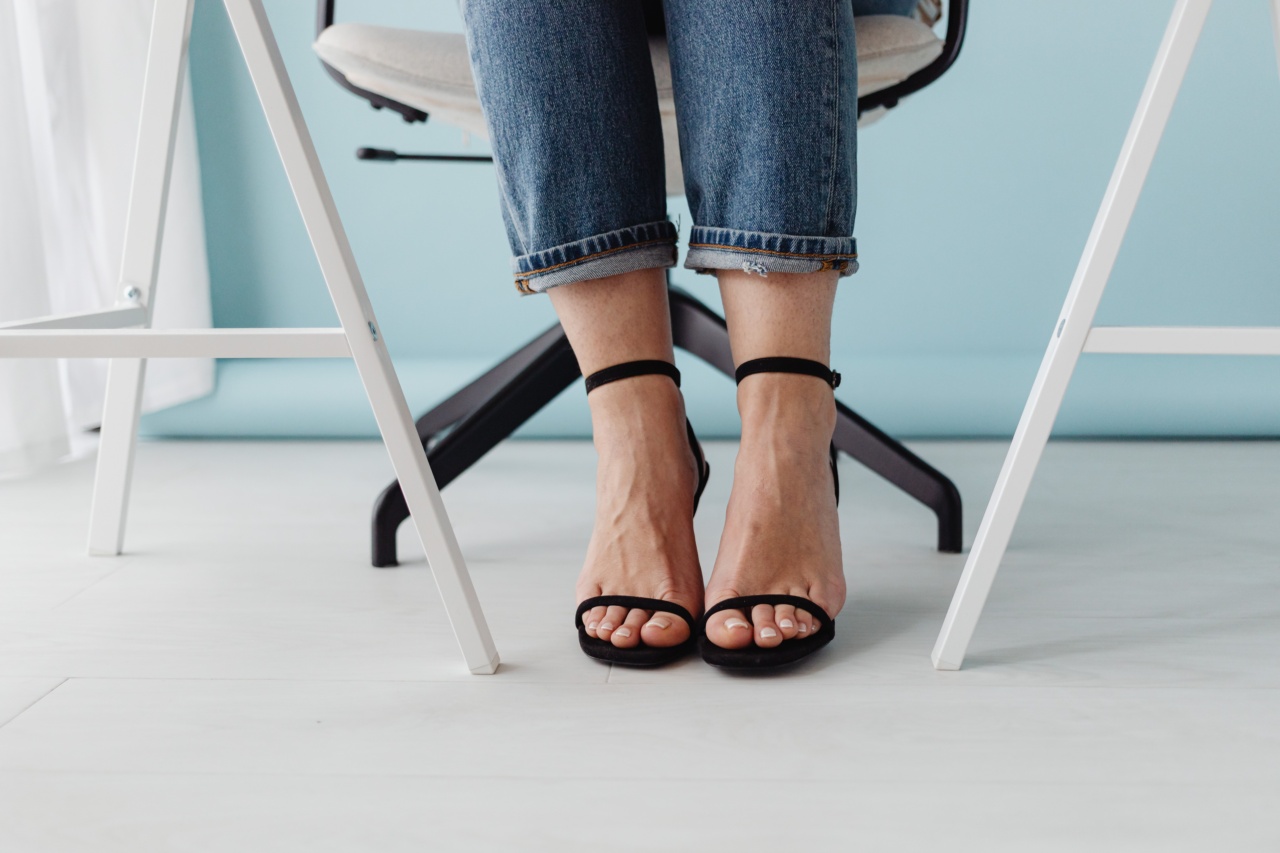Low libido, also known as decreased sexual desire, is a common issue that many women face. It can significantly affect a woman’s quality of life and intimate relationships.
If you’re experiencing a decline in sexual desire, it’s important to understand the various factors that may be contributing to it. Here are twelve possible causes of low libido in women:.
1. Hormonal Imbalances
Hormonal imbalances, such as low levels of estrogen or testosterone, can have a significant impact on a woman’s sex drive.
These imbalances can occur due to various reasons, including menopause, certain medications, or underlying health conditions.
2. Stress and Fatigue
Mental and physical exhaustion can take a toll on your desire for sex. Stress, work pressures, and lack of sleep can all contribute to a decreased libido.
Finding healthy ways to manage stress and prioritizing self-care can help improve your sexual desire.
3. Relationship Issues
Problems in a relationship, such as unresolved conflicts, lack of emotional intimacy, or communication issues, can lead to a decrease in sexual desire.
Open and honest communication with your partner is crucial to addressing these issues and reigniting the spark in your relationship.
4. Body Image and Self-esteem
Poor body image and low self-esteem can significantly impact a woman’s sexual confidence and desire. Feeling insecure about your body or having negative thoughts about yourself can make it challenging to feel desired or attractive.
Working on improving self-esteem and embracing your body can help boost your libido.
5. Mental Health Conditions
Mental health disorders such as depression, anxiety, and stress-related disorders can contribute to low libido. These conditions can affect neurotransmitter levels in the brain, leading to a decrease in sexual desire.
Seeking professional help and getting appropriate treatment can help alleviate these symptoms.
6. Medications
Certain medications, such as antidepressants, blood pressure medications, and hormonal contraceptives, can affect sexual desire as a side effect.
If you suspect that your medication is impacting your libido, consult with your healthcare provider to explore alternative options or adjust the dosage.
7. Lack of Sexual Stimulation
A lack of sexual stimulation or variety in sexual activities can contribute to decreased libido. Monotonous routines or a lack of novelty in the bedroom can make sex feel less exciting or pleasurable.
Exploring new experiences, communicating your desires, and introducing variety can help reignite your sexual desire.
8. Chronic Illness or Pain
Chronic illnesses, such as fibromyalgia, arthritis, or cancer, can cause physical pain, fatigue, or discomfort, leading to a decline in sexual desire.
Managing your chronic condition effectively and seeking assistance for pain relief can help improve your libido.
9. Aging
As women age, hormonal changes occur, which can impact sexual desire. Menopause, in particular, is associated with a decrease in hormonal levels and changes in vaginal tissue, leading to a decline in libido.
Discussing menopause-related concerns with your healthcare provider can provide you with appropriate guidance and treatment options.
10. Lack of Communication About Sexual Needs
Open and honest communication with your partner about your sexual needs and desires is essential. If your partner isn’t aware of your preferences or you’re not comfortable discussing them, it can contribute to a decrease in sexual desire.
Establishing a safe and non-judgmental space for open communication can help improve your libido.
11. History of Sexual Trauma
Women who have experienced sexual trauma in the past may struggle with their sexual desire. Trauma can have long-lasting effects on a person’s psyche, making it difficult to engage in intimate activities.
Seeking therapy or counseling specialized in trauma can help address these issues and restore healthy sexual functioning.
12. Lifestyle Factors
Poor lifestyle choices, such as excessive alcohol consumption, smoking, or a sedentary lifestyle, can impact sexual desire.
Maintaining a balanced diet, regular exercise routine, and avoiding harmful habits can contribute to overall well-being and boost your libido.






























